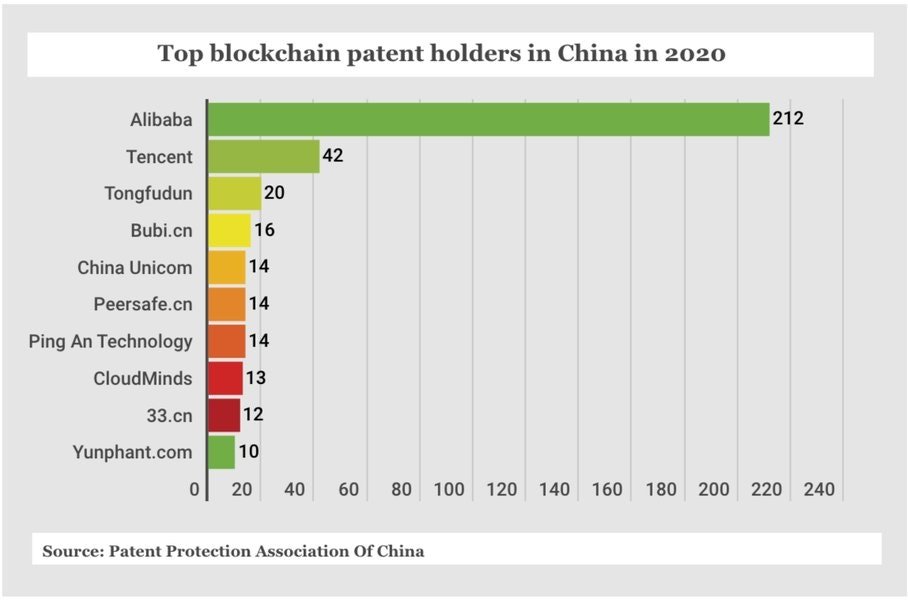
1) My take on the big driver for Salesforce + Slack acquisition deal is that:
Salesforce appreciates that people are loyal to their workflow interface.
🧵
Salesforce appreciates that people are loyal to their workflow interface.
🧵
2) This is a very under appreciated aspect of software.
Why can’t business analyst let go of excel?
Why do VP of sales by Salesforce over and over again?
Why can’t business analyst let go of excel?
Why do VP of sales by Salesforce over and over again?
3) Plenty of reasons but underneath is the fact that they know how to use the software since they were trained on the software. The switching cost to other systems once you’re comfortable and confident in one is really high.
4) Salesforce knows this, they’ve built and entire business on this. One of the biggest generator of leads is when a new VP of sales lands and they get Salesforce installed right away.
Salesforce is always looking for the next default user interface.
Salesforce is always looking for the next default user interface.
5) Because if they don’t own that default user interface, they’ll get abstracted into a database and be commoditised
For the millennial workforce that interface system is increasingly Slack.
For the millennial workforce that interface system is increasingly Slack.
6) Owning Slack, they continue to be front and centre to the customer day in, day out.
Embedded into their workflow and therefore very unlikely to churn.
Embedded into their workflow and therefore very unlikely to churn.
• • •
Missing some Tweet in this thread? You can try to
force a refresh





